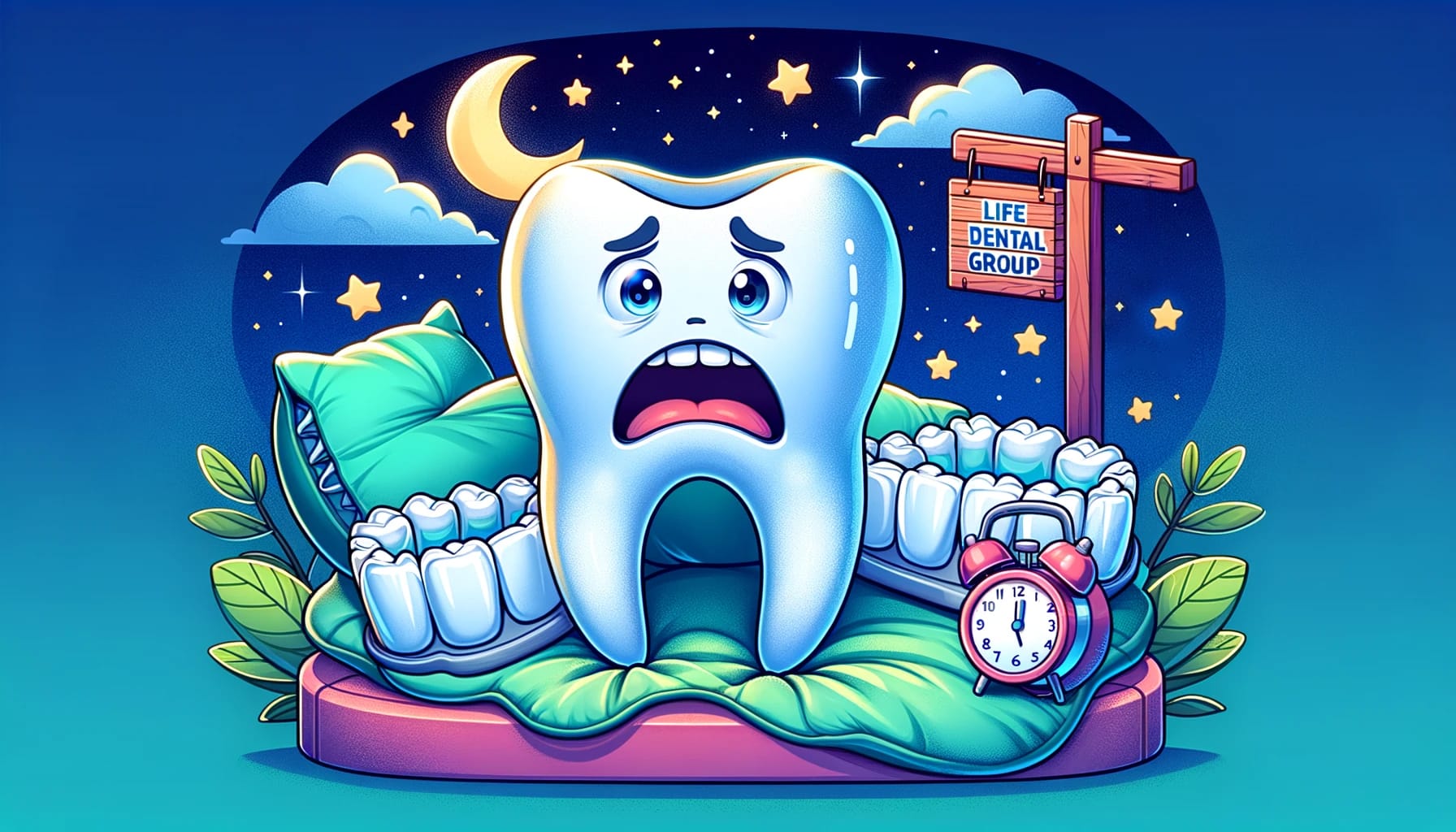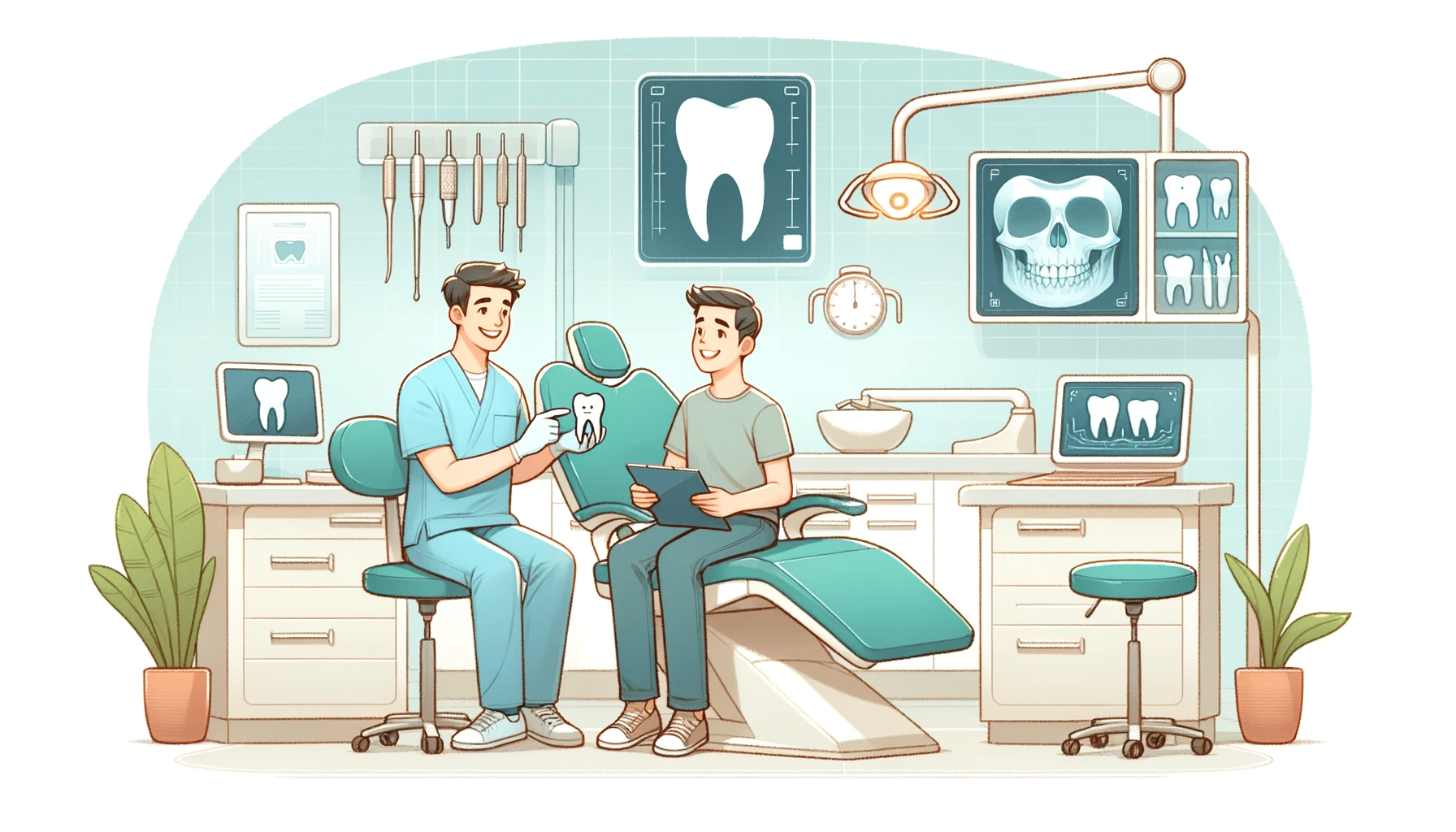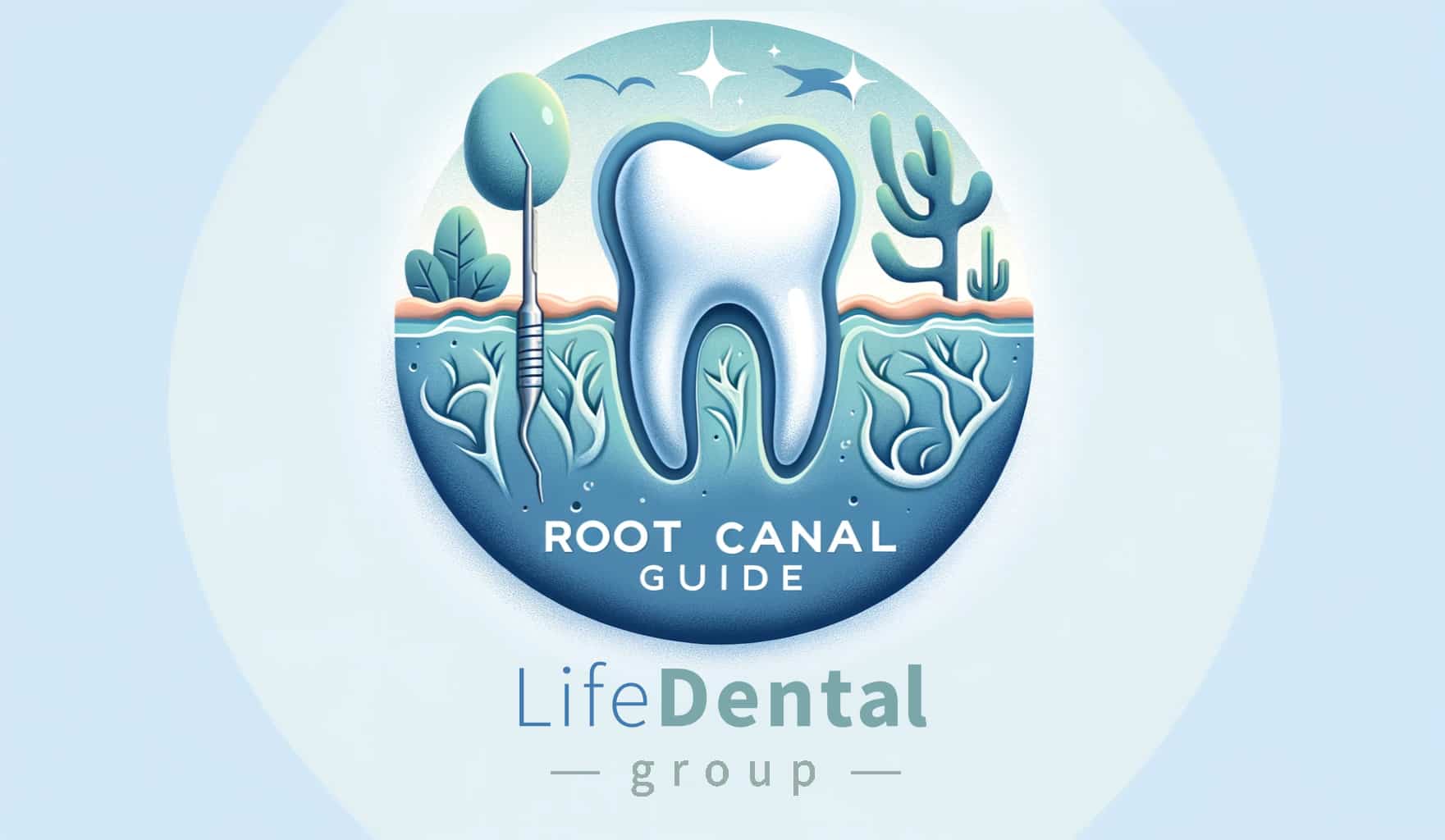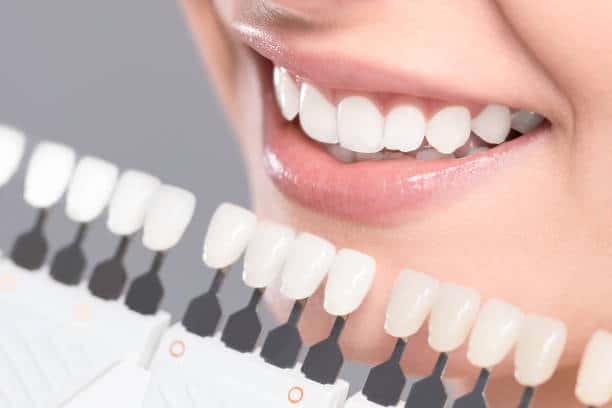Teeth Grinding: Causes, Consequences, and Cures
Bruxism, commonly known as teeth grinding, is more than just a noisy annoyance—it can have serious implications for your oral health. At Life Dental Group, we often encounter patients who are unaware of their grinding habits, especially since it frequently occurs during sleep. Understanding the causes, recognizing the consequences, and exploring the available treatments can help manage this condition effectively.
What Causes Teeth Grinding?
Teeth grinding can be triggered by a variety of factors:
- Stress and Anxiety: High levels of stress can lead to many physical health problems, including bruxism. Grinding teeth can be a subconscious way your body responds to stress.
- Sleep Disorders: Those who suffer from certain sleep disorders like sleep apnea are more prone to teeth grinding.
- Lifestyle Factors: Consumption of caffeine, alcohol, and smoking has been linked to higher incidences of bruxism.
- Dental Alignment: Improper alignment of teeth can also lead to grinding as your jaw seeks its natural position.
- Medication Side Effects: Certain medications, particularly those that treat depression and anxiety, can have side effects that include teeth grinding.
Consequences of Teeth Grinding
If left unchecked, bruxism can lead to several dental health issues:
- Tooth Damage: Constant grinding can wear down the surface of your teeth, leading to fractures and loosening.
- TMJ Disorders: Bruxism can exacerbate issues in your temporomandibular joint, the hinge that connects your jaw to your skull, leading to pain and reduced movement.
- Headaches and Earaches: Frequent grinding can result in chronic headaches and even earaches due to the intense muscle contractions.
- Gum Recession: The force of grinding can cause gums to recede, which can lead to further complications like sensitivity and tooth loss.
Cures and Treatments at Life Dental Group
At Life Dental Group, we tailor our treatment plans to fit the specific needs of each patient experiencing bruxism:
- Custom Mouthguards: One of the most immediate treatments is the use of custom-made mouthguards worn during sleep. These help protect the teeth from the pressure of grinding.
- Dental Correction: If your bruxism is caused by misaligned teeth, correcting the alignment through orthodontics can often reduce symptoms.
- Medication Adjustment: For those whose bruxism is linked to medications, consultation with your prescribing doctor about alternatives can be beneficial.
- Behavioral Changes: Simple lifestyle adjustments such as reducing caffeine and alcohol intake, quitting smoking, and establishing a calming bedtime routine can also be effective.
Managing bruxism is a journey, and at Life Dental Group, we are committed to providing the best care and comprehensive solutions to ensure our patients enjoy a healthy, pain-free smile. If you suspect you or a loved one is suffering from teeth grinding, don’t hesitate to contact us for a consultation.











